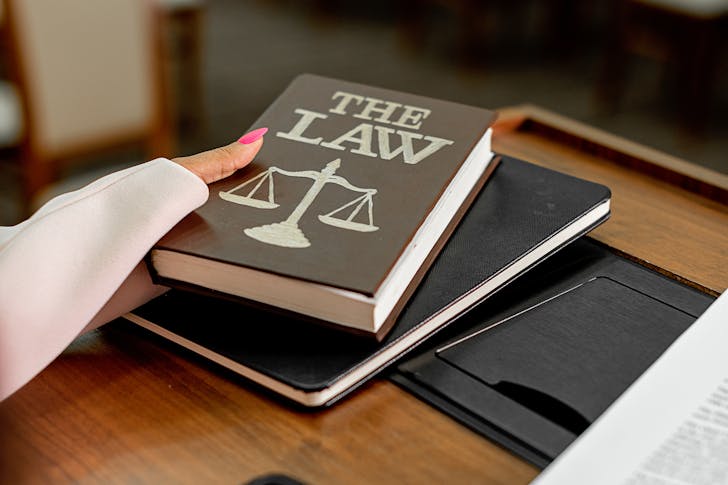A deposition can often be a critical milestone in a personal injury lawsuit. Still, it’s just one part of the broader discovery phase that can shape the trajectory of your case. After the intensity of a deposition, what happens next? Here’s everything you need to know to navigate this pivotal period.
The Role of Depositions in Legal Strategy
Depositions serve as a powerful tool for gathering sworn testimony and revealing the strengths and weaknesses of each party’s case. The insights gained here are crucial for both the plaintiff and defendant’s legal teams as they strategize for the next steps, including negotiations, mediation, or even trial preparation.

The aftermath of a deposition is often characterized by a detailed review and analysis conducted by your legal team. This review helps to ascertain the strength of your position based on the testimonies provided and could significantly influence the settlement negotiations.
What Happens After a Deposition in Settlement Talks?
If your deposition highlights strong evidence of negligence by the defendant, this can provide your attorneys with greater leverage in settlement negotiations. A convincing deposition may lead to a swift and favorable settlement offer from the opposing party, circumventing the need for further legal proceedings. However, if the settlement offered does not meet your expectations or adequately cover your damages, the next steps could include alternative dispute resolution methods like mediation or trial.

Mediation After Deposition
The scheduling of mediation depends on various factors, including the willingness of both parties to negotiate and the availability of mediators. While not mandatory in all cases, mediation is an effective means to resolve disputes without the formalities and costs associated with court trials. It provides a platform to negotiate in a less aggressive environment and can be instrumental in clarifying the positions of both parties.
Reviewing the Deposition Transcript
Following your deposition, you will have the opportunity to review the transcript of your testimony. This step is crucial for ensuring accuracy in how your words were recorded. The rules generally allow 30 days for this review, during which you can propose any necessary corrections. This transcript plays a significant role in the ongoing legal proceedings and is used by both sides to prepare for future engagements, whether in negotiations or at trial.

Timing of Settlement Post-Deposition
The timeline for settling can vary. It may extend from a few weeks to several months following a deposition, influenced by the need to thoroughly review the deposition transcript, additional evidence gathering, or unforeseen complexities like new evidence or legal discrepancies. It’s essential to remain patient during this time, as hasty decisions can undermine the potential outcomes of your case.
Your Role Between Deposition and Settlement
During this waiting period, your role primarily involves staying in close contact with your legal team while refraining from discussing case details with outsiders. Your attorneys are likely working diligently to negotiate the best possible settlement. Trust in their strategy and give them the space to effectively maneuver and advocate on your behalf.




